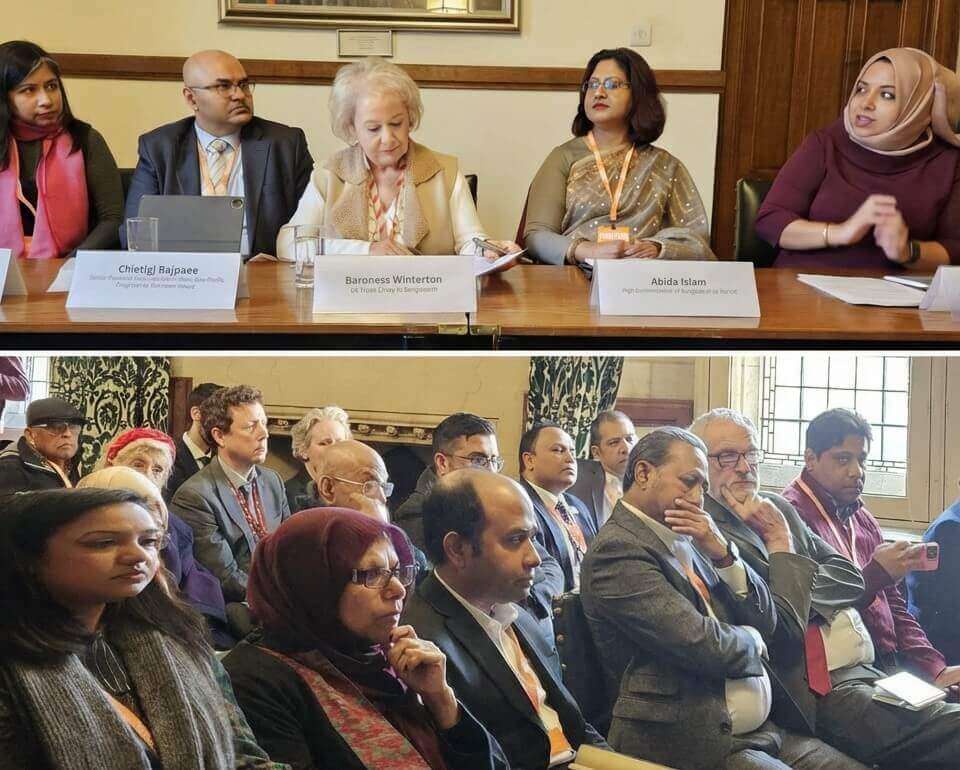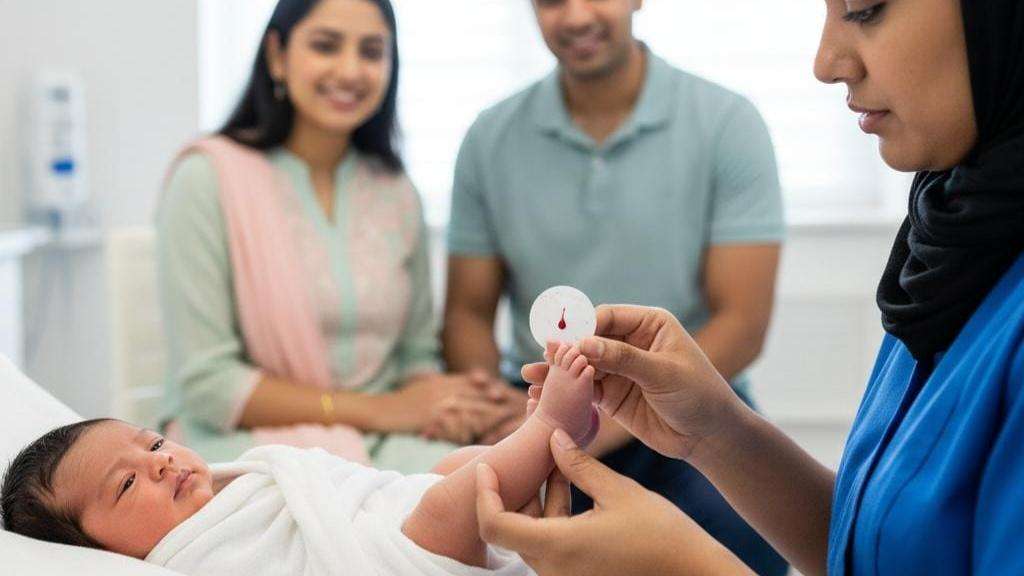Newborn babies in England are now being routinely screened for a rare, life-threatening genetic condition, Hereditary Tyrosinaemia Type 1 (HT1), as part of the NHS Newborn Blood Spot Screening Programme. This crucial addition, implemented starting in October 2025, aims to enable rapid diagnosis and immediate treatment, dramatically improving outcomes for the approximately seven babies affected each year in the UK.
Early Detection: A Game Changer for HT1
Hereditary Tyrosinaemia Type 1 (HT1) is a rare, inherited metabolic disorder that prevents the normal breakdown of an amino acid called tyrosine, a building block of protein found in food. A missing enzyme, fumarylacetoacetate hydratase, leads to a toxic build-up of substances, including succinylacetone (SUAC), in the blood and urine.
If left undiagnosed and untreated, this toxic accumulation can cause severe complications, including:
- Liver failure and organ damage.
- Liver cancer (hepatocellular carcinoma).
- Neurological crises.
- Kidney damage.
Historically, babies with HT1 were often diagnosed much later, after becoming severely ill. For example, Darla-May Higgs, now two, was only diagnosed at 10 months old after her parents noticed an enlarged stomach and sought specialist help. Her mother, Dulcie-May Higgs, highlighted the distressing delay, stating that early screening will "save lives" and reassure families.
The new screening is performed as part of the Newborn Blood Spot Test (often called the heel-prick test) offered to all newborns around five days after birth. Finding an additional three babies a year who can be offered drug treatment and a special diet before they become symptomatic is an anticipated benefit of the programme.
Life-Changing Treatment and Ethnic Group Disparities
Once HT1 is detected through screening, treatment can begin immediately, significantly reducing the risk of long-term complications. Treatment involves:
- Medication: A drug called Nitisinone (NTBC), which prevents the toxic build-up of harmful substances.
- Specialised Diet: A diet of regulated, low-tyrosine formula or breast milk, in conjunction with a special low-protein diet, is essential to manage the condition.
Focus on South Asian Communities
While HT1 is rare globally, affecting roughly in 100,000 to 120,000 births, the prevalence is significantly higher in certain ethnic groups, including the British South Asian community.
Concrete numbers indicate a concerning disparity:
- Studies in the West Midlands, UK, found a much higher incidence of HT1 among non-Oriental Asian ethnicity populations compared to the rest of the population.
- An older study from the West Midlands found the incidence of Tyrosinaemia I to be 1 in 20,791 live births within Birmingham (an area with a high South Asian population) compared to 1 in 105,037 outside.
- Of the 12 patients with HT1 identified in that West Midlands study, 83% were of non-Oriental Asian ethnicity.
- A recent retrospective study on HT1 patients in the UK found that 47%, 10 out of 17 were of Pakistani Asian ethnic origin, and an additional 6%, 1 out of 17 were of Indian ethnic origin, totalling 53% from the wider South Asian group.
- A high percentage of patients (\mathbf{59\%} in one UK study) were also born to consanguineous parents, a practice more common in some South Asian and Middle Eastern communities, which increases the risk of recessive genetic disorders like HT1.
Due to these elevated rates, the introduction of universal screening is especially vital for the British Bangladeshi and other British South Asian communities. Early diagnosis can bypass the delays often experienced when symptoms are masked or not immediately recognised, providing a crucial health equity benefit.
Official Confirmation
The addition of HT1 screening was a recommendation from the UK National Screening Committee and has been implemented by NHS England in October 2025.
Dr Harrison Carter, NHS director of vaccination and screening, welcomed the move, stating, "This is a really vital step forward in care for newborn babies and will be important news for families who might be at risk of potentially life-threatening hereditary genetic conditions."
Midwives across England have updated their guidance and are encouraging all new parents to ensure their babies receive the blood spot test, which now screens for 10 serious conditions in total, including Sickle Cell Disease, Cystic Fibrosis, and Phenylketonuria (PKU).








.svg)

